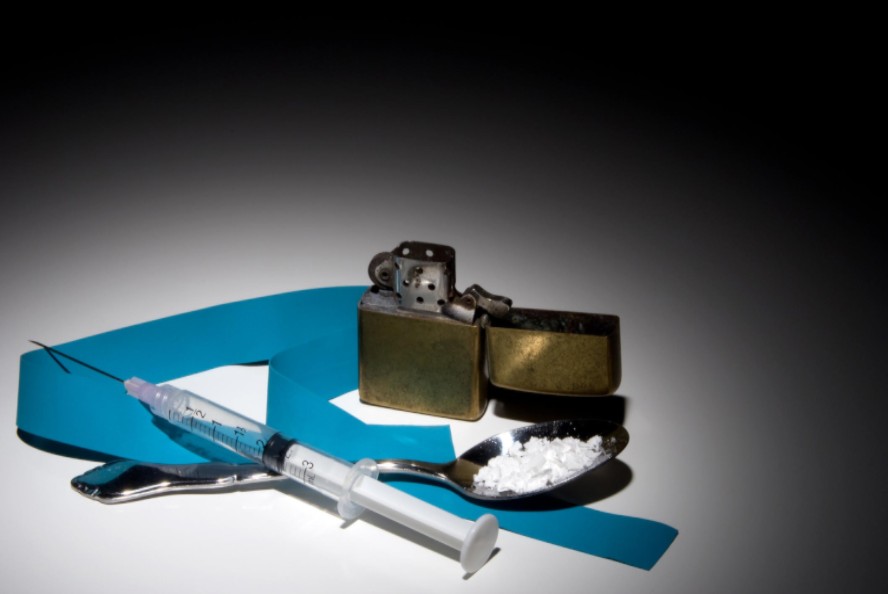
According to a report by the Houston Chronicle, among the motorists who have been issued citations for driving while intoxicated (DWI) recently in Houston, one of the most common offenses involves driving under the influence of PCP.
The Chronicle previously reported that Houston is the largest metro area with a significant PCP problem, and the problem extends to PCP-impaired motorists.
Now, further information has emerged from the Houston Forensic Science Center—the city’s crime lab—that PCP is a growing concern when it comes to impaired drivers on Houston’s roads.
How common is PCP use among drivers in Houston?
Also known as “angel dust,” PCP is a hallucinogen with the formal name phencyclidine or phenylcyclohexyl piperidine. Sold illegally as a street drug, PCP is an anesthetic with mind-altering results, which are part of its appeal as a recreational drug. Besides hallucinations, PCP can also trigger violent behavior.
Users reportedly dip marijuana joints or tobacco cigarettes into a PCP solution, which they then smoke.
As the Chronicle also reported, between 2019 and 2023, fentanyl was among the fastest-growing causes of positive drug tests given to impaired drivers and assessed at the Forensic Science Center. Fentanyl cases jumped from 2% of all tests to 11% between those years.
But fentanyl isn’t nearly as prevalent in Houston as in many other parts of the country, and it shares popularity in Houston with PCP, cocaine, cannabinoids and Xanax. The center attributes this to studies that show that heroin—with which the more potent fentanyl shares a kinship—has not been as large of a problem in Houston as in many other areas.
According to the center’s seized drugs division, drug usage in Houston is generational, and when PCP became popular several years ago, it was largely due to older users, with the average age of a PCP user being 48 years old.
As for the statistics showing more PCP use by drivers, they might be even higher, but the center normally stops testing for other drugs once it has established that alcohol was an illegal factor in impaired driving.
In fact, the only time impaired drivers are tested for illegal drugs beyond alcohol is when they do not test above 0.10% blood alcohol concentration (BAC), or just above the legal limit for alcohol concentration of 0.08%.
In other words, though an impaired driver may have been using PCP or other drugs, if the driver had an illegal BAC for alcohol upon first testing, no further tests to detect other drugs would have been taken.
What are controlled substances under Texas law?
Learn which drugs are considered controlled substances in Texas and the potential punishments for possession of them.
Penalties, punishments for impaired driving can include jail
Among intoxication offenses in Texas, it is illegal for anyone under the age of 21 to be driving while having any amount of alcohol in their system.
For those 21 and older, a first-time offense for driving while intoxicated (DWI) tends to be a Class B misdemeanor, as long as the offender’s BAC was between 0.08% and 0.14%. That range is considered to be mild intoxication.
Even so, such a first-time DWI offense can lead to punishments including up to 180 days in jail, a fine of as much as $2,000 and suspension of the person’s driver’s license for up to 1 year.
Punishments are even higher for repeat offenders, with up to 1 year in jail, a fine of up to $4,000 and loss of a driver’s license for up to 2 years for a second DWI offense of mild intoxication. That is known as a Class A misdemeanor.
A third such offense can mean 2 to 10 years in prison, a fine of up to $10,000 and loss of a driver’s license for up to 2 years.
Even first-time DWI offenders can also have harsher punishments if their BAC was 0.15% or higher. That is considered being severely intoxicated.
Such an offense is a Class A misdemeanor and can result in 1 year in county jail, a fine of as much as $4,000 and suspension of a driver’s license for 2 years—again, for a first-time DWI offender.
Charges rise to the felony level with harsher punishments if the impaired driver seriously injured someone in a collision, killed a person in a collision or drove while drunk with a child under the age of 15 in the vehicle.
An impaired driving charge also can be elevated if a controlled substance such as PCP or cocaine is found to have been involved.
Get an experienced Houston-area drug possession lawyer
If you or a loved one has been arrested for an offense involving drugs, whether that involved driving or only possession, you should contact an experienced Houston drug possession defense attorney immediately to protect your legal rights.
The Neal Davis Law Firm is an award-winning criminal defense firm that has stood up for many Texans who have been accused of various crimes.
For a DWI charge, a criminal defense may involve challenging the accuracy of the so-called breathalyzer tests of drivers—tests that have been proven to be frequently mishandled by improperly trained personnel or shown to be invalid due to failures of the testing equipment.
A skilled defense attorney can also challenge whether police had just cause, or a legal reason, to stop a driver for allegedly being impaired due to alcohol or other drugs. It also may be argued that the accused person was not, in fact, the driver of a vehicle.
Persons living in Houston, the Woodlands, Katy, Sugar Land, Conroe or elsewhere in Harris County, Montgomery County or Fort Bend County can reach out to our law firm for help. Contact us today to arrange a confidential consultation for your case.


